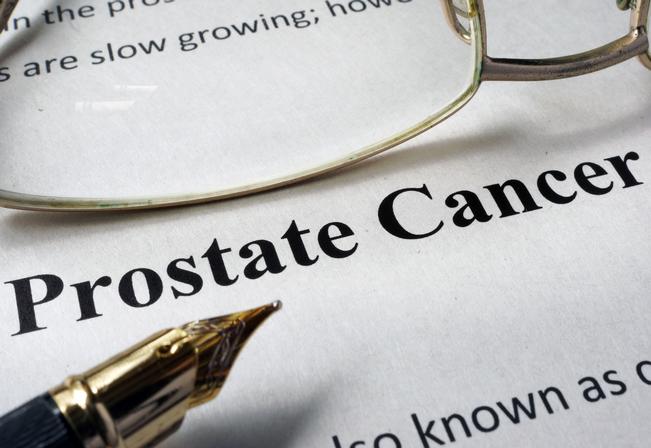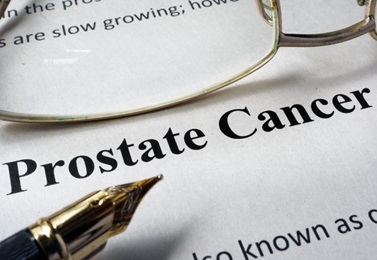Prostate Cancer Risk Factors
In general, all men are at risk for prostate cancer during their lifetime. However, there are specific risk factors that increase the likelihood for developing the disease.
Age
Aggressive prostate cancer is virtually nonexistent in men under 40. With age, however, the risk of developing prostate cancer increases. According to the American Cancer Society, about 60 percent of all prostate cancers are diagnosed in men over 65.
Race
The Centers for Disease Control and Prevention reports that African-American men have the highest rate of prostate cancer, followed by white, Hispanic, American Indian/Alaska Native and Asian/Pacific Islander men. African-American men are twice as likely to die from prostate cancer as white men, according to the American Cancer Society. Prostate cancer risk may also be elevated in Scandinavian men. Historically, incidence in East Asia (Japan and China) has been low. However, when Chinese and Japanese men immigrate to the U.S., they have an increased risk of developing prostate cancer when compared with their native populations.
Diet
Medical research suggests that the diet consumed in industrialized Western countries may be a factor in developing prostate cancer. Consider the following information regarding diet and its effect on the risk for prostate cancer:
-
Fat: Some studies suggest that men who eat a high-fat diet, especially if it is high in red meat or high-fat dairy products, may have a greater chance of developing prostate cancer.
-
Fruits and vegetables: Diets high in fruits and vegetables may lower prostate cancer risk, although it is not clear which nutrient(s) may be responsible for this.
-
Carotenoids: Carotenoids, such as lycopenes, have been shown to inhibit the growth of human prostate cancer cells grown in the laboratory. The primary source of lycopenes is processed tomatoes. However, it is not clear if lycopenes affect prostate cancer risk in men.
Share Your Prostate Cancer History

Are you or a loved one at risk for prostate cancer? Doctors recommend that most men get screened around 55, but some should start even sooner.
Obesity
Most studies have concluded that obesity does not affect the overall risk of getting prostate cancer. However, obese men may be more likely to develop more aggressive forms of prostate cancer.
Environmental Exposures
Some studies indicate an increased risk of prostate cancer in men who are exposed to certain types of chemicals. For example, firefighters are regularly exposed to combustion byproducts while farmers are exposed to agricultural chemicals. Men in these professions may have an increased risk of developing prostate cancer due to chemical exposure.
Family History
Another important risk factor is a positive family history. If you have a father or a brother with prostate cancer, your risk of developing the disease is more than doubled, according to the American Cancer Society. The risk is developing prostate cancer is even higher for men with several affected relatives, particularly if the relatives were young at the time of diagnosis.






